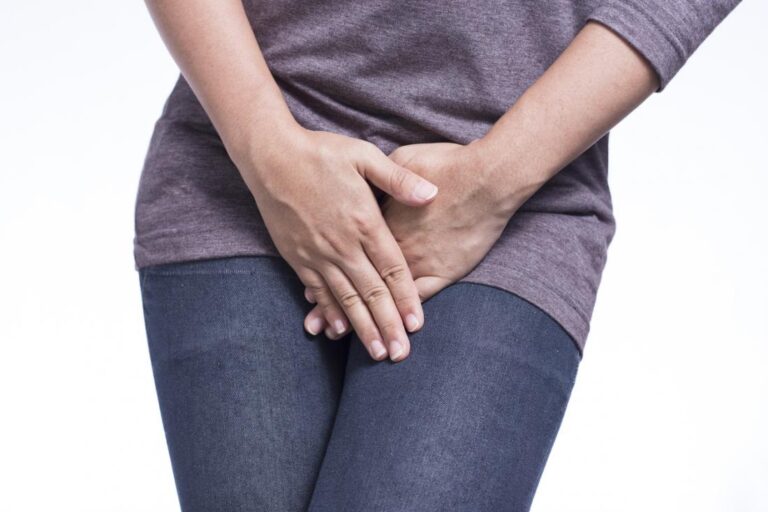Do you itch your genitals? What does it mean to have an itchy vagina? Vaginal itching commonly results from irritating substances and infections. Females from young girls to menopausal women are affected. An itchy vagina can also be symptoms of certain skin disorders or sexually transmitted diseases (STDs).
Sometimes vaginal itching might develop due to stress or vulvar cancer. This condition can be uncomfortable and sometimes painful.
Symptoms
Besides itching these are symptoms that could be presented together with the discomforts of itchy vagina.
- Ulcers or blisters on the vulva
- Pain or tenderness in the genital area
- Genital redness or swelling
- Trouble urinating
- An unusual vaginal discharge
- Discomfort during sexual intercourse
Why your vagina itches – causes
Are you a female and often or occasionally itch your vaginal area from time to time? Read on to get a good grasp of the possible reasons why you are itching your genitals.
Urethritis

This is a condition in which the urethra, or the tube that carries urine from the bladder to outside the body, becomes inflamed and irritated.
This condition or infection can affect people of all ages regardless of race or gender. Therefore, both females and males are equally at risk of urethritis.
Common symptoms
Urethritis can produce various symptoms such as.
- Discomfort during urination
- Burning or irritation at the urethral opening
- A more or frequent urge to urinate
- Abnormal discharge from the vagina (typical of infections)
- Burning sensation while urinating
- Itching or burning near the opening of the penis
- Presence of blood in the semen after ejaculation or urine while urinating
- Discharge from the vagina in females or penis in males
What causes urethritis?
The cause of urethritis is the result of an infection from either a bacteria or a virus. The bacteria that can cause bladder and kidney infections can also infect the lining of the urethra.
Bacteria found naturally in the genital area may also cause urethritis if they enter the urinary tract. These bacteria include:
- Neisseria gonorrhoeae
- Chlamydia trachomatis
- Mycoplasma genitalium
These pathogens (disease-causing) are the primary biological agents that cause illness. These include the bacteria that cause gonorrhea and chlamydia and the parasite that causes trichomoniasis.
The same pathogens that cause STIs can also cause urethritis. These viruses include the human papillomavirus (HPV), herpes simplex virus (HSV), and the cytomegalovirus (CMV).
Urethritis is not the same as urinary tract infections (UTI). Whereas urethritis is an inflammation of the urethra, UTIs are infections that target the urinary tract. Some of the infection causing agents are sexually transmitted.
Yeast infection

Yeast is a naturally occurring fungus that is normally present on the skin but may also inhabit the vagina under certain conditions leading to an infection. These include the following set of factors (many of which are considered risk factors.)
- Individuals with oily skin
- Sometimes applying oily products can influence candida growth
- Using the contraceptive pill
- Staying the tropical warm temperatures
- Hormonal changes or imbalances
- Stress (trigger)
- Diabetes or being diabetic may put you at risk of candida
The common fungus that causes this kind of infection is Candida sp.
This infection result when it is not being checked. If not well diagnosed by a clinical professional or doctor, a vaginal yeast infection can be a problem that will more likely be a stumbling block to quality living.
The overgrowth of yeast in the vagina can result in uncomfortable symptoms, including itching, burning, and lumpy discharge.
It’s a common condition, affecting 3 out of 4 women at some point in their lives, according to research, The infection often occurs after taking a course of antibiotics, as types of medications this can destroy good bacteria along with the “bad bacteria” strains. The good bacteria are needed to keep yeast growth in check to control its growth.
Skin diseases
Most skin diseases, such as eczema and psoriasis, can cause redness and itching in the genital region. Eczema, (atopic dermatitis), is a chronic skin condition described as a rash.
Eczema tends to occur in people with asthma or allergies. The rash is symptomatic of changes in skin texture or appearance – reddish and itchy with a scaly texture.
Psoriasis is another common skin condition that causes scaly, itchy, red patches to form on the scalp and joints. At times, outbreaks of these symptoms can occur on the genitals including the vagina.
Vaginal irritation or reaction to substances

Irritation of the vagina is likely since there is nobody who really knows skin hypersensitivity.
The most common form of irritation results from direct contact with the genital skin. This condition always comes as a result of exposing the vagina to irritating chemicals leading to vaginal itching.
Owing to the fact that no one really knows how their body systems will react to certain ingredients put in products, reactions (allergy) may occur.
The irritants trigger an allergic reaction that creates an itchy rash over various areas of the body, including the vagina. Common chemical irritants are soap bubble, baths, feminine body sprays, creams, and ointments. In addition, detergents, fabric softeners, and scented toilet paper packs can also fall into this category.
Vaginitis
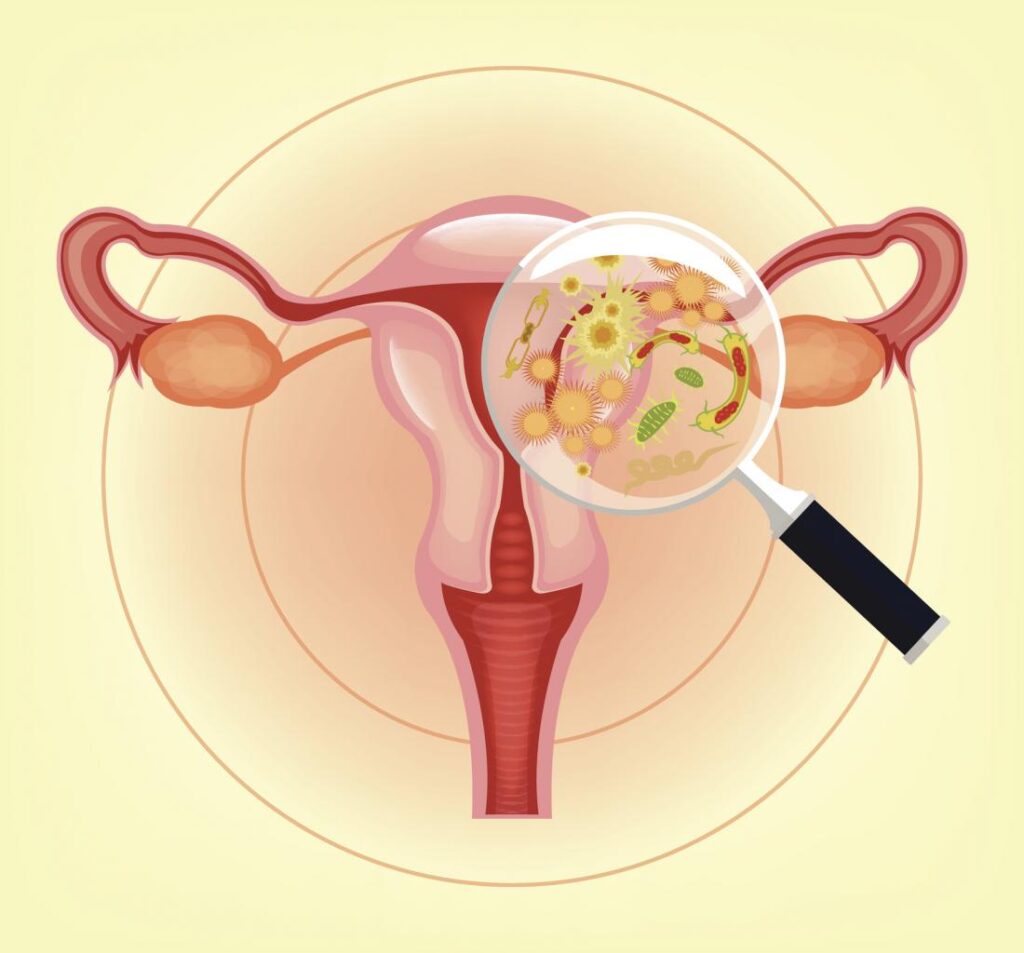
Another cause of itchy vagina is vaginitis. This term is used to refer to swelling or infections often of the vagina and vulva.
Any female at whatever age can be affected or get vaginitis. Females who have been treated for yeast infections are not lucky since candida is the most common cause of vaginitis.
Other potential causes include:
- Heat rashes
- A problem with inserted vaginal artificial such as a tampon
You (girls) are also at least risky of vaginitis if you have not reached puberty.
Symptoms
These may include:
- Inflammation characteristic of redness, and swelling of the genital (vulva and vagina)
- Odor from discharge
- Irritation and itching your vagina
- Burring with urination
For proper treatment of vaginitis, one requires getting clinical tests including differential diagnosis.
Sexually transmitted diseases (STDs)
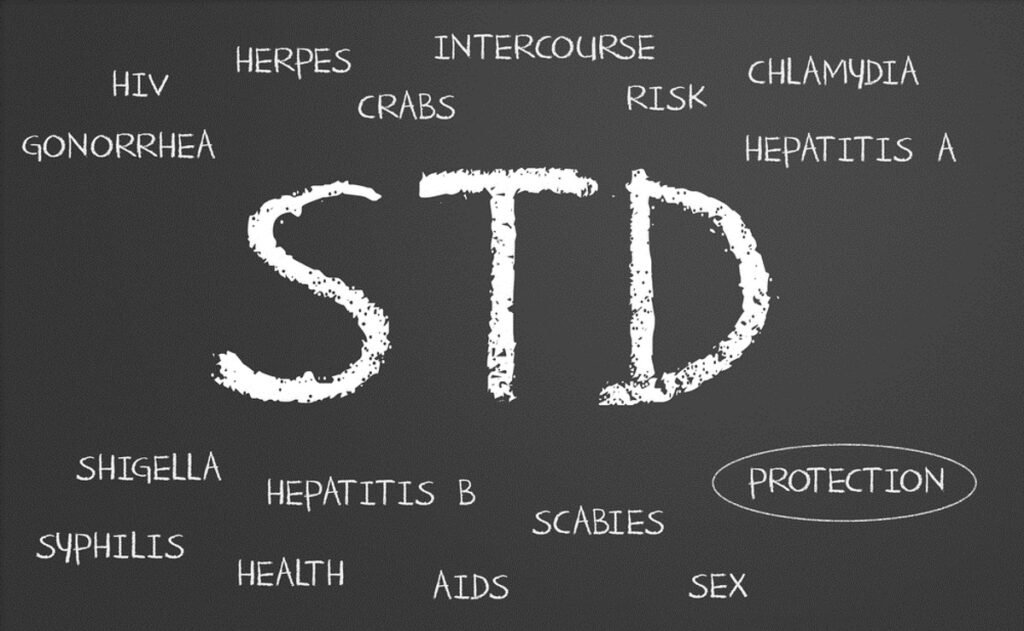
While most STIs (STIs) are transmitted during unprotected sexual intercourse, some are typical of itchy rashes.
These include:
- Chlamydia
- Genital warts
- Gonorrhea,
- Genital herpes
- Trichomoniasis
Common symptoms that may be experienced together with itchy vagina include abnormal growths, green or yellow vaginal discharge and discomfort or pain while urinating.
Pinworm infection
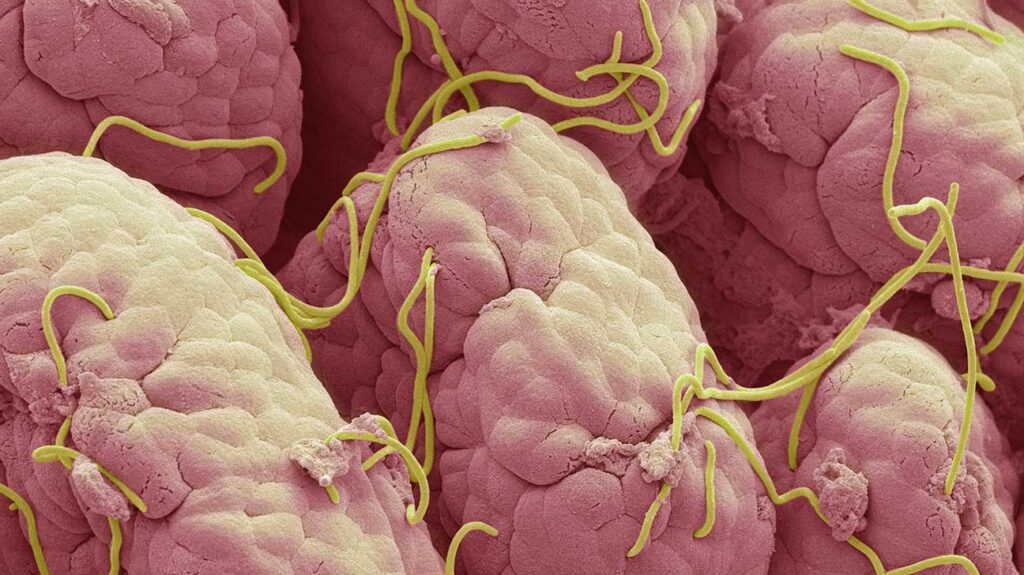
A pinworm infection refers to an infection in which tiny worms infest the intestines and lay eggs around the anus. Infection of pinworms is highly contagious, the worms are white in color and less than half an inch long.
This infection can spread easily commonly in children between the ages of 5 and 10, people who live in institutions, and those who have regular, close contact with individuals in these groups.
How can I get pinworm infection?
Pinworms are caused by unintentionally ingesting (or inhaling) pinworm eggs, deposited by an infected person onto an object.
The cycle of infection begins with the ingestion of the eggs. The infection starts at the point when these eggs enter your body. They remain in the intestine until they hatch and mature. The female adult pinworms move into the colon and exit the body through the anus.
Adult pinworms can also lay eggs in the folds of skin around the anus. In fact, the presence of these eggs often causes itching around the anus.
However, you scratch the affected area, the eggs get transferred to the fingers, nails and finally the vaginal area.
Children are the ones who more often get to transfer these pinworm eggs easily because they mostly like to play with toys or other objects.
Risk factors
The following are some the factors that may affect various groups of people. These are things that make people (females or males) more susceptible to be affected by the pinworm:
- Children who attend daycare, preschool, or elementary school
- Family members or caregivers of infected children and adults
- Individuals who live in institutions or other crowded accommodations
- Children or adults who don’t practice regular and careful hand-washing prior to eating
- Children who have a habit of sucking their thumbs
Symptoms
These are some of the signs to tell you that you could have pinworms.
- Frequent and “strong” itching of the anal area
- Restless sleep due to itching and discomfort of the anal area
- Pain, rash, or other skin irritation around the anus
- Presence of pinworms in the area of your child’s anus
- Presence of pinworms in stool
Menopause
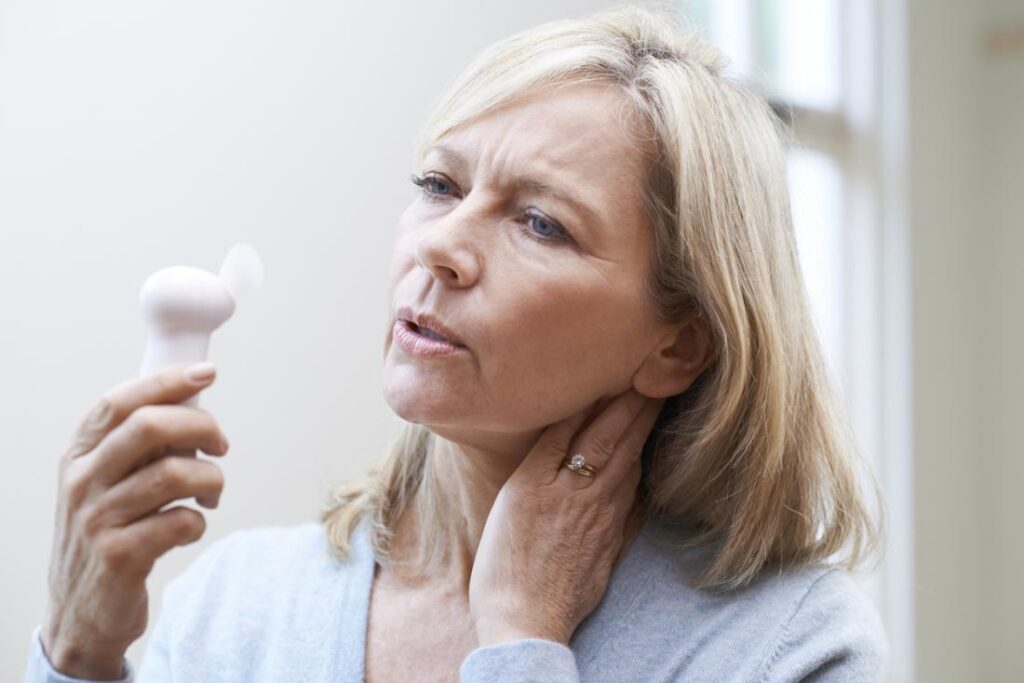
Women who stop experiencing their monthly periods can also have an itchy vagina. Menopausal women are therefore at riskier for vaginal itching.
Vaginal itching due to menopause is attributed to the reduction of estrogen levels that occur during menopause, which leads to vaginal atrophy which are the changes in the tissue of vagina.
According to the American Family Physician, vaginal epithelium or lining normally undergoes changes in response to the level of circulating estrogen, throughout a woman’s cycle.
One of the changes expected is thinning of the mucosa that can lead to excessive dryness. Dryness as a condition, therefore, can prompt or potentially cause itching and irritation.
Vulvar cancer
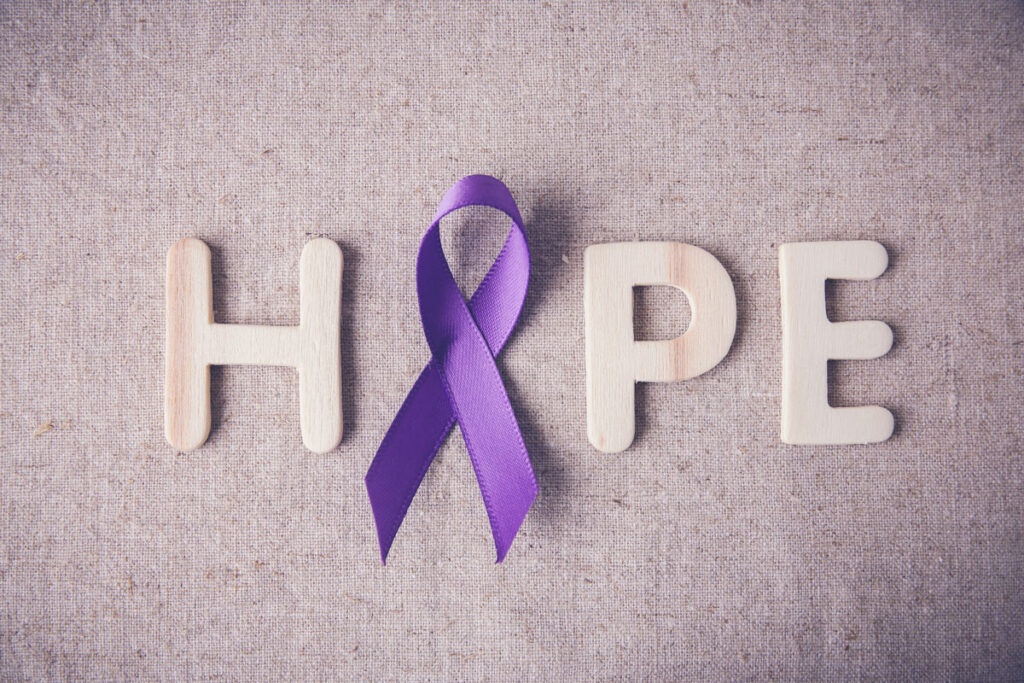
Moving on, another possible way in which vaginal itching can result is related to cancer.
Sometimes vaginal itching may be a symptom of vulvar cancer.
Vulvar cancer is a type of cancer that develops in the vulva, (external part of the female’s genitals) which comprises the inner and outer lips of the vagina, the clitoris, and the opening of the vagina.
It is not easy to actually tell that you have started to develop cancer unless you regularly go for Worrying symptoms may include itching, abnormal bleeding, or pain in the vulvar area. Although these are not always the outright symptoms to tell the condition or stage of cancer.
Stress
Stress, as seen in people with emotional instability can trigger itching. This is because stress can interfere with certain vital body processes which lead to another problem in the skin, blood or your living.
Notably, both physical and emotional stress can possibly trigger vaginal itching and irritation. However, this may in many a time occur when stress is linked to weakening your immune system, leaving you more prone to the infections that cause itching.
Though stress is hard to control, it is quite manageable in many ways involving therapies, exercise and *medication.
Treatment general overview

The following are various ways of treating itchy vagina. Treatment may aim at getting rid of the symptoms or curing the cause (infection).
- Vaginal yeast infections will be treated with antifungal medications, including creams, ointments, or (oral) pills.
- You can treat STDs with antibiotics or antivirals. Patients are encouraged to take medications regularly and avoid sexual intercourse until your infection or disease clears
- If you suspect your itching of the vagina is menopause-related, contact a physician first. This kind of itching may be treated with estrogen cream, tablets, or a vaginal ring.
- Other types of vaginal itching and irritation clear on their own.
- You can also apply *steroid creams or lotions to reduce inflammation and ease discomfort and in limited to avoid other infections.
More importantly, before starting any dosage it is safer to consult your pharmacists or doctor. Duration and age of the affected individuals MUST be considered.
Home remedies mild itching

Not all of these remedies may not be suitable for all cases involving the itchy vagina. They include:
- Cold compress
- Washing with apple cider vinegar (DILUTE APPLE CIDER VINEGAR)
- *Garlic
- Salt water bath
However, if your doctor has examined, or have been diagnosed with certain infections or skin conditions that cause itching, then follow the medical advice as instructed.
CAUTION: Certain ingredients can aggravate itching by causing further irritation. For instance, garlic.
Effective self-care home tips for itching the genital area

These are some of the best remedies you should follow or practice (in addition to what your physician instructed) but not in preference to medical advice.
If the itching is due to irritants or you suspect that your problem may be arising from skin products (such as perfumes, antiperspirants, deodorant or certain products for cleansing), then try these:
- Washing the body with plain water and without any kind of soap and note of any change
- If you are used to hot water tubs which to warm water only or cool water
- Do hair shampooing after a shower or do it earlier so that you avoid it slipping down the body
- Stop rubbing the vag lips and areas near it after attending to nature (urinating)
- Wear breathable and non-synthetic underwear and garments especially during pregnancy
How to prevent it
If you find you are getting an itchy vaginal problem for the first time you can take these simple measures and actions. Vaginal itching can be prevented through:
- Observing good hygiene practice at all times
- Use warm water and a gentle cleanser to wash your genital area.
- Avoid scented soaps, lotions, and bubble baths.
- Avoid using feminine hygiene products, such as sprays and douches.
- Change out of wet or damp clothing right after swimming or exercising.
- Wear cotton underwear and change your underwear every day.
- Eat yogurt with live cultures to reduce the chance of getting yeast infections.
- Use condoms during sexual intercourse.
- Always wipe from front to back after visiting the toilet
When should I see a medic?

If anal or vaginal itching is severe so that you cannot stand it or tolerate pain, then seek medical attention promptly. Therefore take note of the following signs and symptoms.
- Itching with bleeding
- Itchy sores on vagina
- Abdominal pain or pain in the pelvic bone
- Painful itching
- Burning urination
- Difficulty walking
- Dryness conditions with rough vaginal skin texture
- Swollen vulva or vaginal swelling too much
Keep in mind that your child may sometimes fear or hesitate to inform you. Therefore, parents keep an eye on your daughters and note with keenness any changes in mood, attitude and the way they carry themselves around you.

